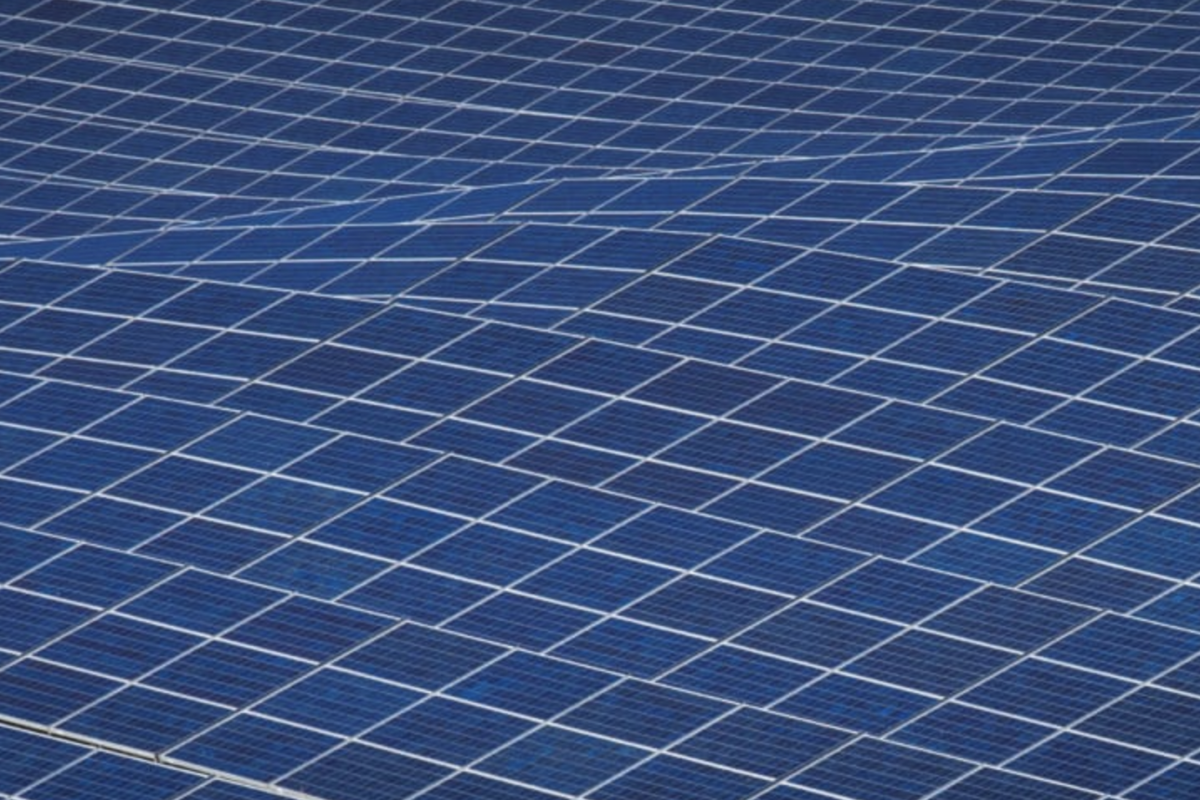Western Australia-based VSUN Energy has revealed plans to install three of Singaporean manufacturer V-Flow Tech's vanadium redox flow batteries (VRFBs), as it looks to further develop the Australian market for battery storage technology.
VSUN, a subsidiary of Perth-based mining company Australian Vanadium Ltd. (AVL), has confirmed that the first three VRFBs supplied by V-Flow Tech will arrive in Fremantle later this month. VSUN said the vanadium electrolyte required for the 5 kW/30 kWh VRFBs has been sourced and will be installed when the batteries arrive in Australia.
The company said the three batteries will be paired with a 26 kW solar system at a caravan park in Western Australia’s wheat-belt region. Another will be deployed in an off-grid residential setting, where it will be paired with 12 kW of solar and 18 KVa of diesel back-up.
A third 5 kW/30 kWh VRFB, which will have a maximum discharge of 7 kW, will be used in a test project being developed by one of the state’s energy utilities, said VSUN.
VSUN said the test site will allow the company, external engineers and potential clients to observe a local working example of a VRFB, rather than examining installations and data from other countries. AVL Managing Director Vincent Algar added that this will provide further proof of concept and the learnings required to support decisions on energy storage technology options.
“VSUN Energy and AVL have developed a strong relationship with V-Flow Tech and we are excited to be receiving V-Flow’s first batteries in Australia,” he said. “The three installations will further increase our experience and provide valuable local operating examples of this Australian-invented storage technology.”

Lithium-ion batteries currently dominate the residential market, but VRFBs are gaining traction, with advocates declaring that they are safer, more scalable, longer-lasting, and more reliable.
VSUN, whose core objective is the growth of the market for VRFBs in Australia, said vanadium flow batteries do not degrade with cycling like lithium-ion options and are able to move electricity without generating heat. V-Flow has said its technology can operate between -10 C to 55 C without active cooling. The batteries have a lifespan of 25 years, with a stable performance guarantee.
The rollout of the batteries is the latest step for AVL, which was recently awarded a AUD 3.69 million ($2.7 million) federal government manufacturing grant. The funds will allow it to design, build and operate a AUD 7.4 million commercial vanadium battery electrolyte plant in Western Australia and develop VRFB prototypes for both off-grid and residential settings.
AVL plans to produce high-purity vanadium pentoxide (V2O5) from its mining operation south of Meekatharra, Western Australia, and its processing plant east of Geraldton to supply VRFB projects in Australia and the Asia-Pacific region.
“AVL’s manufacturing grant from the Australian government enables us to accelerate the construction of Australia’s first vanadium electrolyte plant, to provide the key supply element to this emerging industry,” Algar said. “The Australian Vanadium Project is at the forefront of this emerging market and driving its growth.”
AVL has also signed a memorandum of understanding with V-Flow for vanadium pentoxide offtake, vanadium electrolyte supply, VRFB sales, installation, service and maintenance. VSUN aims to collaborate with V-Flow to develop the capability to undertake most production of VRFB systems in Australia, with key elements such as the cell stacks being brought in from Singapore.
V-Flow , a spinoff from Nanyang Technology University in Singapore, has developed three products, including 20 kWh to 50 kWh batteries for residential settings, 100 kWh to 250 kWh units for commercial and industrial applications, as well as micro-grids for remote communities, and larger utility-scale deployments.
This content is protected by copyright and may not be reused. If you want to cooperate with us and would like to reuse some of our content, please contact: editors@pv-magazine.com.




By submitting this form you agree to pv magazine using your data for the purposes of publishing your comment.
Your personal data will only be disclosed or otherwise transmitted to third parties for the purposes of spam filtering or if this is necessary for technical maintenance of the website. Any other transfer to third parties will not take place unless this is justified on the basis of applicable data protection regulations or if pv magazine is legally obliged to do so.
You may revoke this consent at any time with effect for the future, in which case your personal data will be deleted immediately. Otherwise, your data will be deleted if pv magazine has processed your request or the purpose of data storage is fulfilled.
Further information on data privacy can be found in our Data Protection Policy.